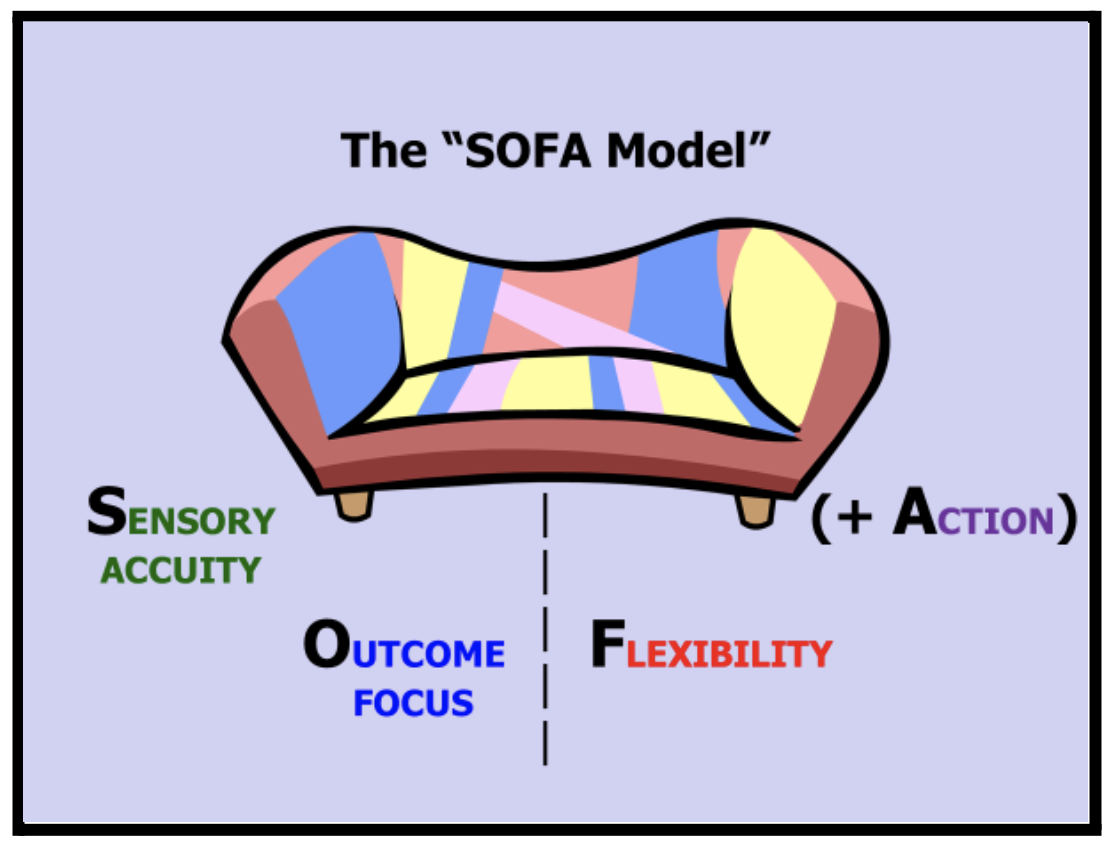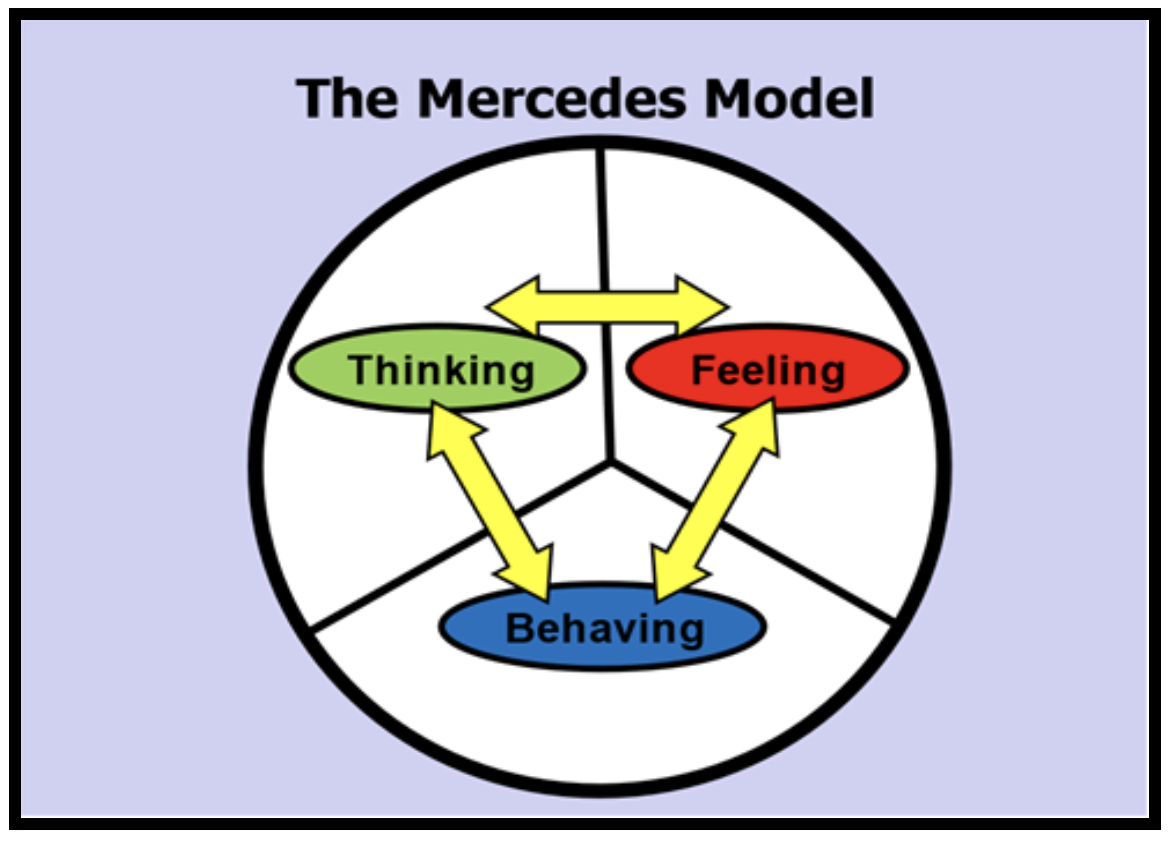18
MENTAL HEALTH PROMOTION
MENTAL HEALTH PROMOTION
Contenu
This Learning Playlist is part of the international training course Mental Health Promotion in the Youth Field. There are 3 parts to this training.
Before the Mobility
Participants of this international training course are requested to prepare by doing some research into the NLP that we will use as a model for our learning about Mental Health Promotion. They do this through the Learning Activities:
- What is NLP
- History of NLP
- NLP and System Theory
The First Part of the Mobility
For the first 6 days of the Mobility, participants will experience youth work activities and reflect on their learning from that day using the following Learning Activities:
- Change the world, Change your mind
- Step by Step to great Rapport
- Sensory Acquity, Mind-reading for beginners
- Building the Picture, Setting the Outcomes
- Tools and techniques - 1
- Tools and techniques - 2
The Second Part of the Mobility
Participants will transfer their learning into (digital) learning activities for the people they work with and participate in a youth work market with local youth work organisations.
LifeComp competence framework
To support recognition of non-formal learning and to support the development of the “Personal, Social and Learning to Learn” skills within youth work we make in this training an connection between the learning happening during the training and the LifeComp Competence Framework.
Spcifically will be worked on the following skill zones: flexibility, growth mindset, critical thinking, collaboration, self-regulation, communication, empathy, well-being and managing learning.
Open Badges
In each Learning Activity and for the total Learning Playlist participants can earn Open Badges. Sometimes the badges will be issued via checking evidence by accredited NLP practisioners, other times via international trainers and also via self-assessment by the earners itself.
This project is co-funded by ErasmusPlus
Activités à compléter
Complete the following activities, earn badges and you will see your playlist progress updated
Contenu
Welcome to the to the International training course Mental Health Promotion in the Youth Field. Congratulations on your safe arrival and our first day working together!
We had several aims for today and we’d like to invite you to have a look at those aims and take some time to answer reflection questions, to think back on and learn from your experiences, construct new knowledge and apply that knowledge to new experiences in personal and professional life.
Objectives of day 1: Change the World, Change Your Mind
- We wanted you to get to know the other members of the group and the training team
- We wanted you to have the opportunity to get to know your environment.
- We wanted to introduce the course structure to you using the S.O.F.A Model

- We aimed at introducing the Mercedes Model to you, so that you could start to understand how it might help you to promote mental health in your Youth Work.

Get activity badge
Change the World, Change Your Mind Get this badge
This badge is a reflection tool for the first day of our training.
It is based on the work we have done together to:
- Build and form the training group
- Understand the structure of the course we are working on
- Explore how the Mercedes Model works for us to change our own state and that of the young people we work with for the better.
L1.1:Awareness of and confidence in one’s own and others’ abilities to learn, improve and achieve with work and dedication,
L3.1: Awareness of one’s own learning interests, processes and preferred strategies, including learning needs and required support,
L3.2: Planning and implementing learning goals, strategies, resources and processes,
P1.1: Awareness and expression of personal emotions, thoughts, values, and behaviour,
S1.1: Awareness of another person’s emotions, experiences and values and
S2.2: Understanding and managing interactions and conversations in different socio-cultural contexts and domain-specific situations.
The holder of the badge will have worked either on their own or in a small group to reflect on the questions:
- how the day has gone
- what has been learned
- how to use this in your youth work
- how else to use it.
The questions are designed to optimise generative learning: they are not just about what the participant has learnt but also how they can use the learning in their work and personal life.
Tâches
Tâche n°1
Preuve vérifiée par : un organisateur de l'activité
- How has today gone for you?
- What have you learnt?
- How can you use this in your youth work?
- How else can you use it?
Compétences
#Mental Health Promotion
ESCO
#campaign for youth work in the local community
LIFECOMP
#Flexibility
LIFECOMP
#Growth mindset
LIFECOMP
#Critical thinking
ESCO
#develop international cooperation strategies
ESCO
#give massages
LIFECOMP
#Collaboration
LIFECOMP
#Self-regulation
ESCO
#communicate on the youth's well-being
ESCO
#talk with the selected community
ESCO
#work in partnership with social services users
ESCO
#relaxation methods
ESCO
#seek innovation in current practices
ESCO
#check story
LIFECOMP
#Communication
LIFECOMP
#Empathy
LIFECOMP
#Wellbeing
ESCO
#promote mental health
LIFECOMP
#Managing learning
Activités : 17
Débuté : 56
Playlist terminée : 12
Temps à compléter : 16 jours 9 heures 15 minutes
Partager :
Organisateurs
Cities of Learning Network
Badge issuer recognized with
Changer de langue:

